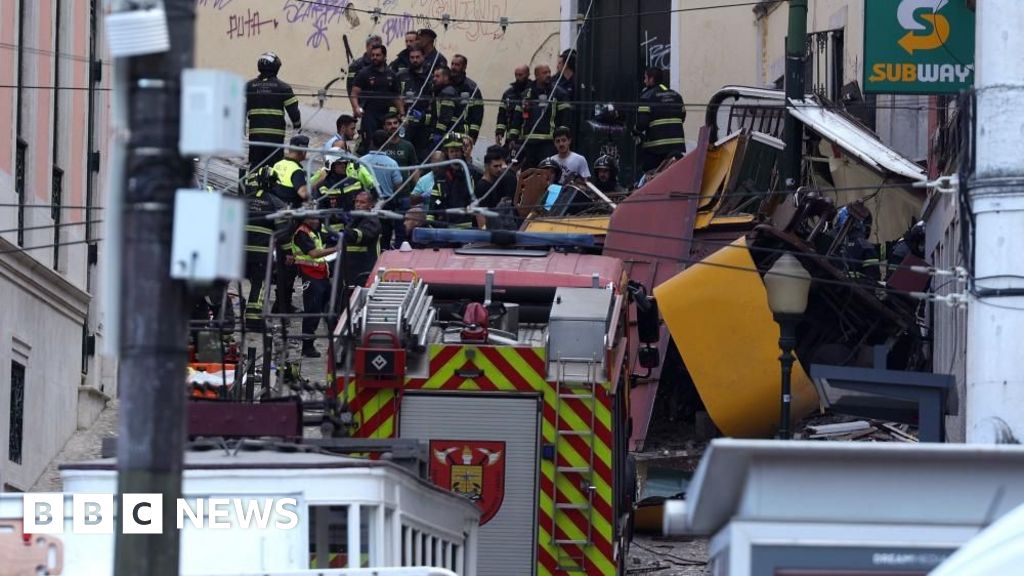Eliza Manningham-Buller said that apart from Alexander Litvinenko, she believed Russia had likely assassinated other people across Europe.
By Ciaran McGrath, Senior News Reporter
11:26, Fri, Jul 18, 2025 Updated: 11:34, Fri, Jul 18, 2025
This article contains affiliate links, we will receive a commission on any sales we generate from it. Learn more

Russian President Vladimir Putin (Image: Getty)
Former MI5 Director General Eliza Manningham-Buller has lifted the lid on a tense meeting with Vladimir Putin following the 7/7 London bombings — describing the Russian President's "hostility" and "sinister looking eyes" in an explosive new interview. Ms Manningham-Buller recalled her encounter with Putin in COBRA – the UK’s emergency coordination room – in October 2005, just months after the deadly attack on London’s transport system.
She said: "He was clearly hostile to me and said something like, 'It’s the duty of people like you to stand between the terrorist and their victim. And you failed.' So it wasn’t a very successful meeting." The invitation marked the first time a foreign leader had ever been admitted into COBRA – a decision taken by then Prime Minister Tony Blair in a bid to deepen cooperation with the Kremlin during Putin’s diplomatic visit to the UK.

Former Director-General of MI5 Baroness Eliza Manningham-Buller (Image: PA)
Ms Manningham-Buller, speaking on a new bonus episode of The Rest Is Classified podcast, continued: "Yes, he was still in London and he came to COBRA. And the senior person in the Met who was dealing with this and I gave him a briefing on the state of the investigation, which was at that stage pretty preliminary."
Asked for her initial impression of Mr Putin, she said: "Rather sinister looking eyes."
Official notes from the time confirm the Russian leader was "engaged throughout," asking detailed questions about CCTV surveillance and the UK’s response capabilities.
He also admitted Russia’s own failings in relation to terrorism, referencing the 2004 Beslan school siege in North Ossetia.

Britain's Prime Minister Tony Blair makes a statement after the 7/7 terror attack (Image: GETTY)
However, Ms Manningham-Buller suggested the meeting’s tone was ultimately shaped by Mr Putin’s confrontational stance, especially when he challenged the performance of British intelligence in the wake of the 7/7 attack.
Asked whether she had tried to push back on his remarks, she said: "I was being very polite."
Ms Manningham-Buller’s appearance on the podcast also included rare reflections on the assassination of Alexander Litvinenko — a former FSB officer poisoned with radioactive polonium in London in November 2006, just over a year after her meeting with Putin. An ITV dramatisation starring David Tennant was screened earlier this year.
She said: "So I always assume, I have no evidence of this, that it was such a risky thing to do in some respects, but I think they must have done it somewhere else and it not been noticed so that they could say, it’s safe to do this in London. We’ve done it somewhere else."
Attack on London: Hunting The 7/7 Bombers trailer from Netflix
When co-host Gordon Corera suggested that similar cases had occurred in Russia and Europe before, Ms Manningham-Buller said: "I think so."
She also recalled the chilling nature of a separate comment Mr Putin once made: "He said that the greatest tragedy of the 20th century was the collapse of the Soviet Union, which is a sort of breathtaking comment when you think about it."
Reflecting on the day of the 7/7 bombings itself, Ms Manningham-Buller described a sense of horror but not surprise, saying the Service had long anticipated an attack of that kind.
She said: "I’ve said publicly before, it was a shock, clearly, but it wasn’t a surprise. We’d had significant plots in the years before that. And so we all knew — the staff knew — what our role was."
She added: "While I was incarcerated in this room in the Cabinet Office, obviously with communications back to our headquarters in Thames House, my colleagues in the service were getting on with what they needed to do."
She described COBRA at the time as "a government operations room… a table with lots of communications, television and so on," and said those present — including representatives from the Met Police, Ministry of Defence, Home Office, MI6 and GCHQ — had all "practised there" and "done exercises" for such an eventuality.
And although the scale of the tragedy was not yet clear, the psychological impact on her and her team was profound.
She said: "The overwhelming first thought was horror and shock — how appalled we were at this atrocity, even before we knew the scale of the tragedy, the scale of those who died, the injured.
"And those of us who were involved will never forget that awful, awful day — which of course affects many people to this day."
The full interview is available from July 18 to members of The Rest Is Classified’s Declassified Club, featuring exclusive testimonies from former intelligence officials.

 1 month ago
22
1 month ago
22









 English (US) ·
English (US) ·